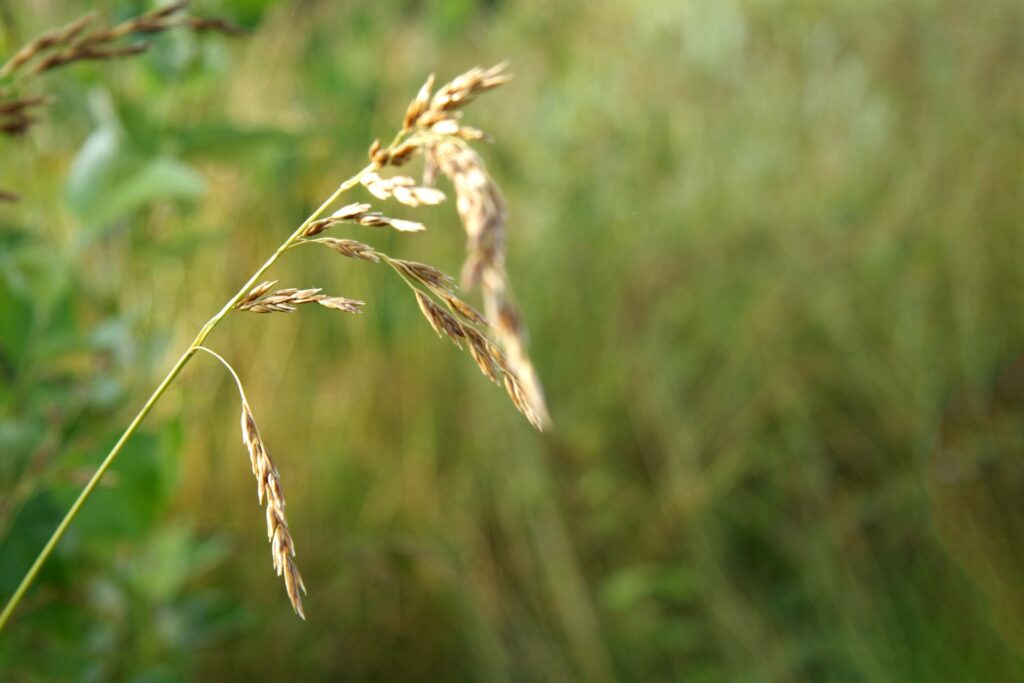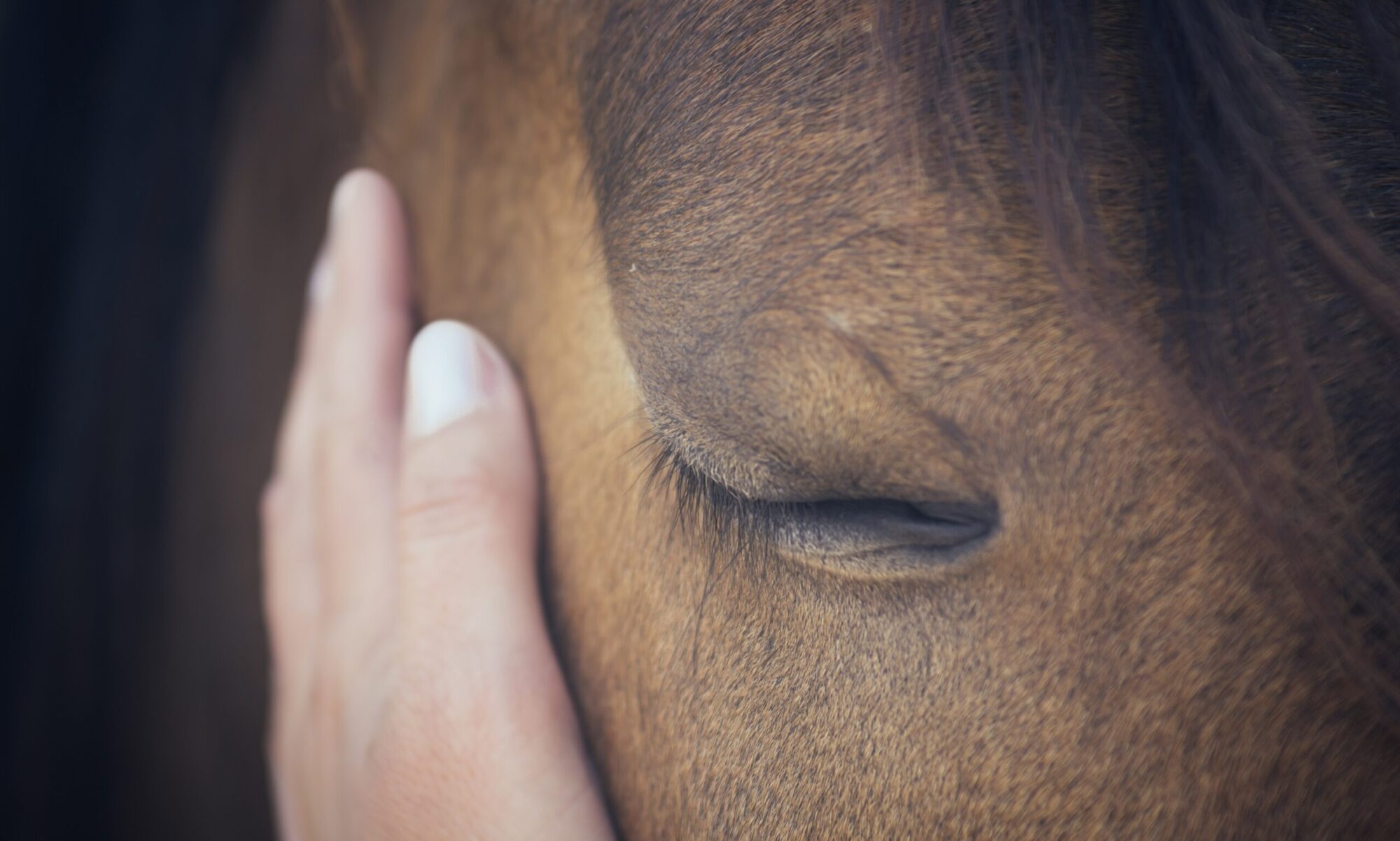When your horse has a problem with their liver it can be difficult to find out exactly what caused it. Occasionally owners of horse with hepatopathies (liver disease) worry that their grass could be causing the issue. A quick internet search pulls up something called “fescue toxicity”. Could fescue toxicity be a cause of liver disease in horses in the UK?
What is fescue toxicity?
“Fescue toxicity” is caused when a fungus that lives within some species of fescue grass produces certain metabolites (ergot alkaloids and lolines). These metabolites cause liver disease when they are eaten by some animals. Horses are particularly sensitive to these fungal toxins. Fescue toxicity can be a cause of liver disease and reproductive in horses and cattle in the US; it causes over $1 billion of livestock damage per year in the US alone.
Does fescue toxicity occur in the UK?
Luckily, the main serovar (type) of tall fescue in the UK is S170. S170 is endophyte free i.e. it does not contain the fungus that produces the toxic metabolites. For this reason, fescue toxicity IS NOT a cause of liver disease in horses in the UK.
However, similar metabolites are produced by certain funguses, such as Aspergillus, when they grow in hay in the UK, which is why testing the hay is an important step in finding the cause of any liver issues.
Had you heard of “fescue toxicity” before? If you are worried that your horse may have a liver issue it is important to talk to your veterinary surgeon. For more information on nutritional management of liver disease contact us to help rule out issues and put a support plan in place.


